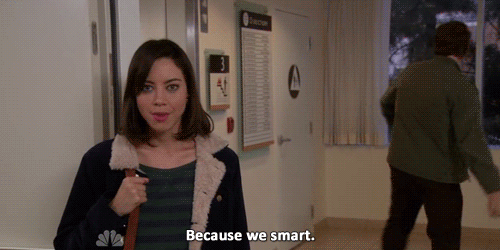
Here’s your daily dose of unsurprising findings in social science:
People who know less about politics are more confident about their political knowledge, according to research published in the scientific journal Political Psychology. The new study found that this effect was exacerbated when partisan identities were activated.
“The Dunning-Kruger effect holds that individuals with little knowledge about a topic will be, paradoxically, the most confident that they know a lot about the topic. Knowledgeable individuals will also discount their knowledgeability,” explained study author Ian Anson, an assistant professor at the University of Maryland, Baltimore County.
…For his study, Anson examined 2,606 American adults using two online surveys. He evaluated the knowledge of the participants by quizzing them regarding the number of years served by a senator, the name of the current Secretary of Energy, the party with more conservative positions regarding health care, the political party currently in control of the House of Representatives, and which of four programs the U.S. federal government spends the least on. Most of the participants performed poorly on the political quiz — and those who performed worse were more likely to overestimate their performance.
“Many Americans appear to be extremely overconfident in their political knowledgeability, because they have no way of knowing how little they actually know about the world of politics (this is the so-called ‘double bind of incompetence’). But there’s a catch: when Republicans and Democrats engage in partisan thought processes, this effect becomes even stronger than before,” Anson explained.
“Partisans with modest factual knowledge about politics become even more convinced that they are savvier than average when they reflect on a world full of members of the opposite party. In fact, when I asked partisans to ‘grade’ political knowledge quizzes filled out by fictional members of the other party, low-skilled respondents gave out scores that reflected party biases much more than actual knowledge.”
“The results seem to indicate the existence of a widespread failure of political discourse in the United States: when a partisan talks to someone of the out-party, they are pretty likely to misjudge the political knowledgeability of themselves and their conversation partner. More often than not, this means that partisans will think of themselves as far more politically knowledgeable than an out-partisan, even when that person is extremely politically knowledgeable,” Anson told PsyPost.
Say it with me again: politics makes us mean and dumb.